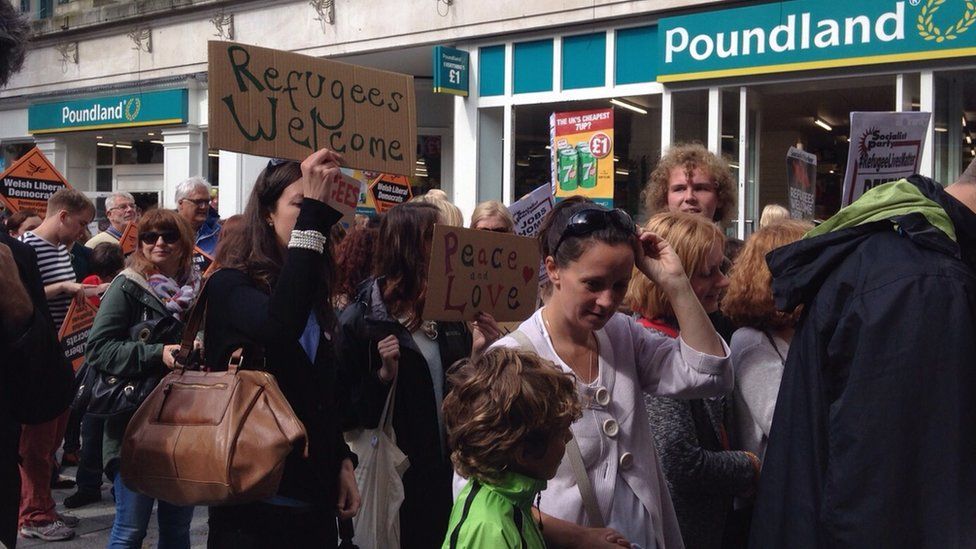
Wales needs an honest discussion about identity and division
There is a strong tendency in Wales – and particularly within civil society and political circles – to be complacent and self-congratulatory in our ideas about who we are as a nation and the shared values that it is claimed we all hold.
A new report from HOPE not hate on social attitudes in Wales is a vital corrective to that tendency. It deserves to be studied closely and its findings should spur a much more nuanced conversation about Welsh social attitudes, the factors influencing those attitudes, and the impact on our community cohesion. Contrary to the commonly held picture the research shows that people in Wales are often more hostile to immigration into their communities than elsewhere in the UK.
Welsh Fear and Hope also contains important insights into how people in Wales view their economic prospects as we seek to recover from the Covid crisis. The concerns expressed about the threat of redundancy, the lack of prospects for future generations, and the persistently high rates of poverty echo conclusions from the Wales TUC’s own research.
The uncomfortable reality is that our economic model in Wales was broken prior to the current crisis. Over the last decade we have seen a sharp increase in insecure work as well as major growth of in-work poverty. Households with at least one adult in paid work now make up over half of all those in poverty – undermining the idea of work as a guaranteed route to some form of economic security.
It is therefore unsurprising to see poverty identified here as a major concern by two thirds of the population. And, as Hope Not Hate recognise, the frustrations created by a failing economy can create fertile conditions for the growth of support for the divisive campaigns of the populist right.
There are real warning signs in the report. For example, despite the fact that BME unemployment has risen three times as fast as white unemployment during the Covid crisis, almost half of the adult population in Wales believe that discrimination against white people is as big a problem as discrimination against non-white people. It is hard to maintain a healthy civic culture when there is such a detachment from objective reality.
As the General Secretary of the Wales TUC, I am conscious of the role that the trade union movement must play in tackling these challenges - not least in driving forward the Fair Work agenda in Wales to secure an economic recovery that empowers workers and rebalances power in people’s working lives. This can serve a crucial purpose in improving material conditions and reducing the scope for people’s economic frustrations to be exploited.
But if we’re going to build the sort of communities that more closely resemble the idealised image of a high-trust, welcoming sanctuary of safety and hope - a cohesive Wales - than we must start having more honest and frank conversations about people’s existing attitudes.
